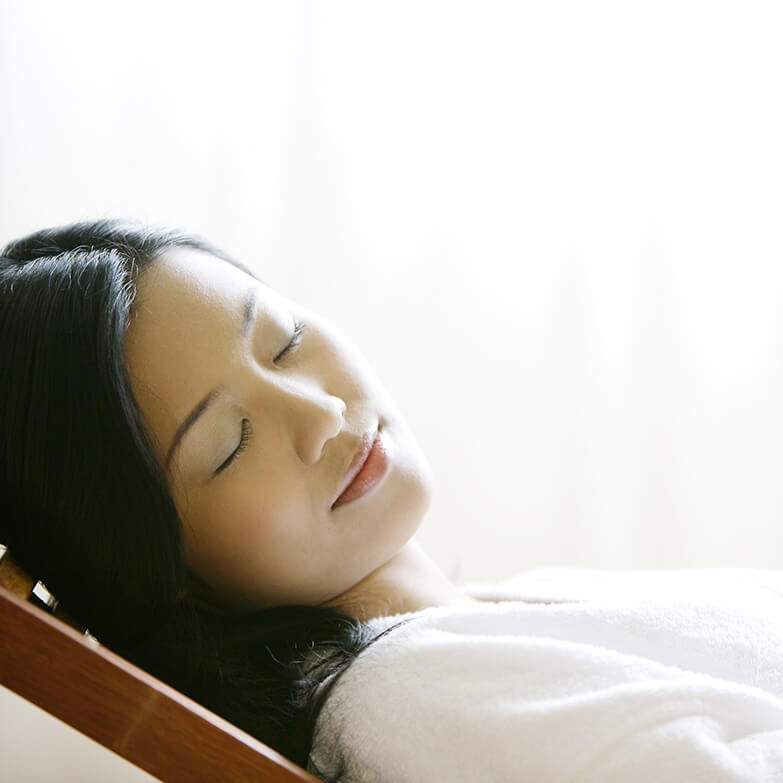Combined Sleep Apnea Therapy in Raleigh, NC
Patients who are diagnosed with OSA (obstructive sleep apnea) are typically recommended one of two treatment options: oral appliance therapy or continuous positive airway pressure (CPAP) machines. However, some patients greatly benefit from utilizing combined therapy, which involves using both an oral appliance and a CPAP machine simultaneously. Interested in learning more? Feel free to get in touch with our friendly front office team, and we’ll be happy to assist you.
Contact Us
How can custom oral appliances and CPAP machines work together?
Custom oral appliances for sleep apnea work by shifting the patient’s jaw forward slightly, which helps prevent the muscles in the back of the throat from relaxing too much and blocking their airway while they are asleep. CPAP machines provide a steady flow of air throughout the night to ensure that the patient is always receiving enough oxygen. Combined therapy helps to both open the patient’s airway and provide consistent airflow, guaranteeing that they will receive adequate oxygen and get a great night of sleep as a result.
What are the benefits of combined therapy?
Some patients who struggle to see benefits from using one treatment option or the other find that combining them together makes a huge difference in the quality of their sleep. Patients who have more moderate to severe sleep apnea may determine that they do not want to pursue a more invasive treatment like surgery and decide that combined therapy is a better choice for them. In other cases, patients just like that they have options, and they will occasionally just use their oral appliance or just their CPAP machine, whatever is more comfortable and convenient for them.
Schedule a ConsultationIs combined therapy right for me?
Determining whether combined therapy is suitable for an individual requires a comprehensive evaluation by a sleep specialist. Factors such as the severity of sleep apnea, anatomical considerations, and personal preferences have to be taken into account. Combined therapy is often recommended for individuals who haven’t seen results from CPAP therapy alone or those who experience residual symptoms despite using CPAP. It may also be beneficial for patients with positional apnea or those who require higher air pressures to effectively manage their condition.
Interested in learning more or scheduling a consultation with our team? Please contact us!
Contact Dr. Desaix

